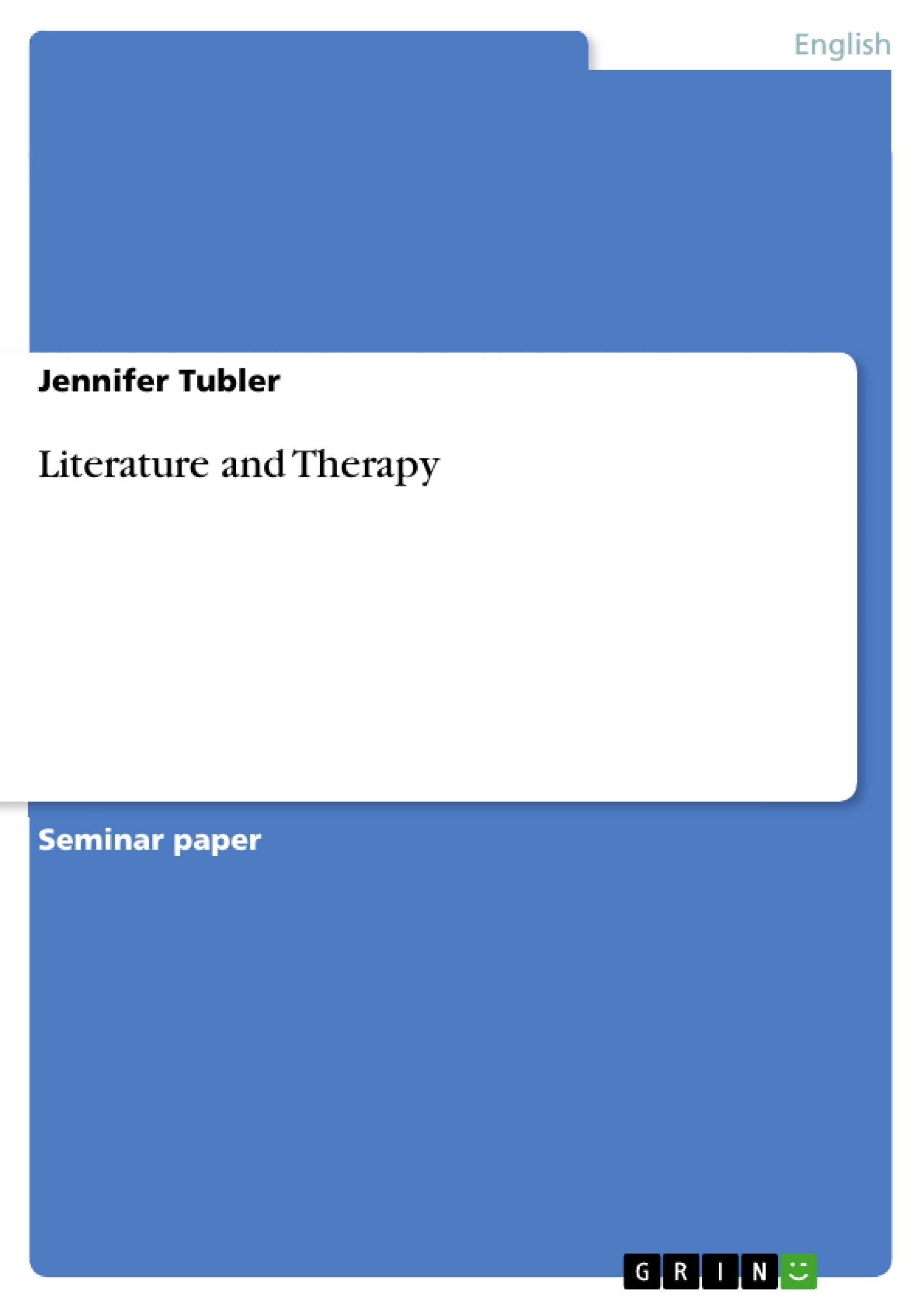Peter Schaffer’s Equus was first published back in 1973. This play asks compelling and relevant questions about society today by first and foremost dealing with the character and personality of Alan Strang whose extraordinary capacity for passion serves as the underlying topic because it goes beyond the normal boundaries of modern society’s acceptable views. After him committing a horrible crime, Alan’s parents feel utterly helpless and turn to the middle-aged psychiatrist Dysart who agrees to treat him and seems to be the only one not giving up on the boy while he is trying to discover Alan’s motives. In this process the reader is allowed to join Dysart on his psychologically demanding journey through the boy’s tortured mind and is forced to re-evaluate the concepts of conscience and moral behaviour .
Here I want to discuss Alan’s ability to live in a dream world so ardently that he completely gives up reality and submerges in an idea of his own horse-god that can bring him the salvation no other entity is able to offer him in his own imagination.
Inhaltsverzeichnis (Table of Contents)
- I. Introduction
- II. The Willing Suspension of Disbelief
- III. Conclusion
Zielsetzung und Themenschwerpunkte (Objectives and Key Themes)
This seminar paper explores the concept of "willing suspension of disbelief" in Peter Shaffer's play "Equus," focusing on the character of Alan Strang and his relationship with his horse-god. The paper examines how Alan's intense passion for Equus leads him to create an alternative reality, and how this affects his interactions with society and his own sense of identity.
- The concept of "willing suspension of disbelief" in literature and its application to the character of Alan Strang.
- Alan's creation of a self-made reality and his deep devotion to his horse-god, Equus.
- The impact of Alan's alternative reality on his interactions with society, his parents, and his psychiatrist, Dysart.
- The exploration of themes of passion, isolation, and the search for meaning in life through the lens of Alan's experience.
- The comparison between Alan's passionate engagement with his world and Dysart's own sense of dissatisfaction and longing.
Zusammenfassung der Kapitel (Chapter Summaries)
- I. Introduction: This chapter provides an overview of Peter Shaffer's "Equus" and introduces the main character, Alan Strang. It highlights the play's exploration of Alan's passionate nature and his extraordinary capacity for devotion. It also introduces the psychiatrist Dysart, who is tasked with treating Alan after he commits a crime.
- II. The Willing Suspension of Disbelief: This chapter delves into the concept of "willing suspension of disbelief" and its significance in the context of "Equus." The chapter examines how Alan's intense obsession with Equus leads him to create an alternative reality, allowing him to escape the mundane aspects of his life. It explores how Alan's "suspension of reality" stems from his desire to find meaning and fulfillment in a world that feels empty to him.
Schlüsselwörter (Keywords)
The key themes and concepts explored in this seminar paper include "willing suspension of disbelief," "alternative reality," "passion," "isolation," "identity," "meaning," "Equus," "horse-god," "society," and "psychiatry." The paper analyzes the character of Alan Strang and his relationship with his horse-god as a lens to explore these concepts and their impact on his life and his interactions with the world around him.
Frequently Asked Questions
What is the "willing suspension of disbelief" in Equus?
It refers to the literary concept where a reader or audience chooses to set aside their skepticism to engage with a self-made or alternative reality, specifically Alan Strang's devotion to his horse-god.
Who is Alan Strang in Peter Shaffer's play?
Alan Strang is a troubled teenager who commits a violent crime against horses. He has created a private, passionate religion centered around a horse-god named Equus.
What role does the psychiatrist Dysart play?
Dysart is tasked with treating Alan. Through the process, he begins to question his own sterile, passionless life compared to Alan's intense, albeit destructive, capacity for worship.
How does the play explore the concept of "normality"?
Equus challenges modern society's boundaries of acceptable passion, asking whether "curing" someone means stripping away their individuality and deepest sense of meaning.
Why does Alan submerge himself in a dream world?
Alan seeks salvation and an escape from a reality he finds empty. His horse-god offers a level of passion and spiritual fulfillment that society and his parents cannot provide.
- Quote paper
- Jennifer Tubler (Author), 2003, Literature and Therapy, Munich, GRIN Verlag, https://www.grin.com/document/65606



